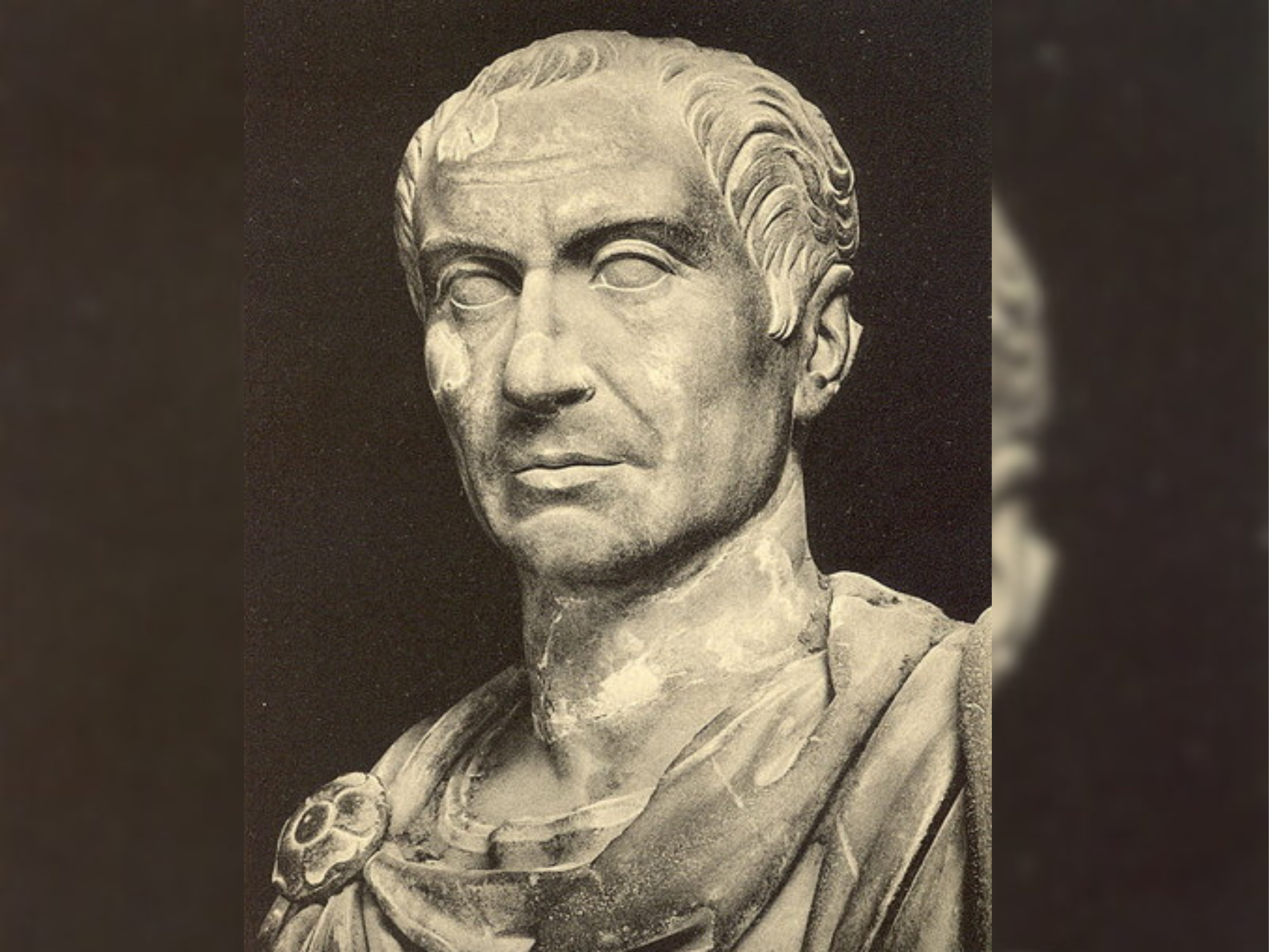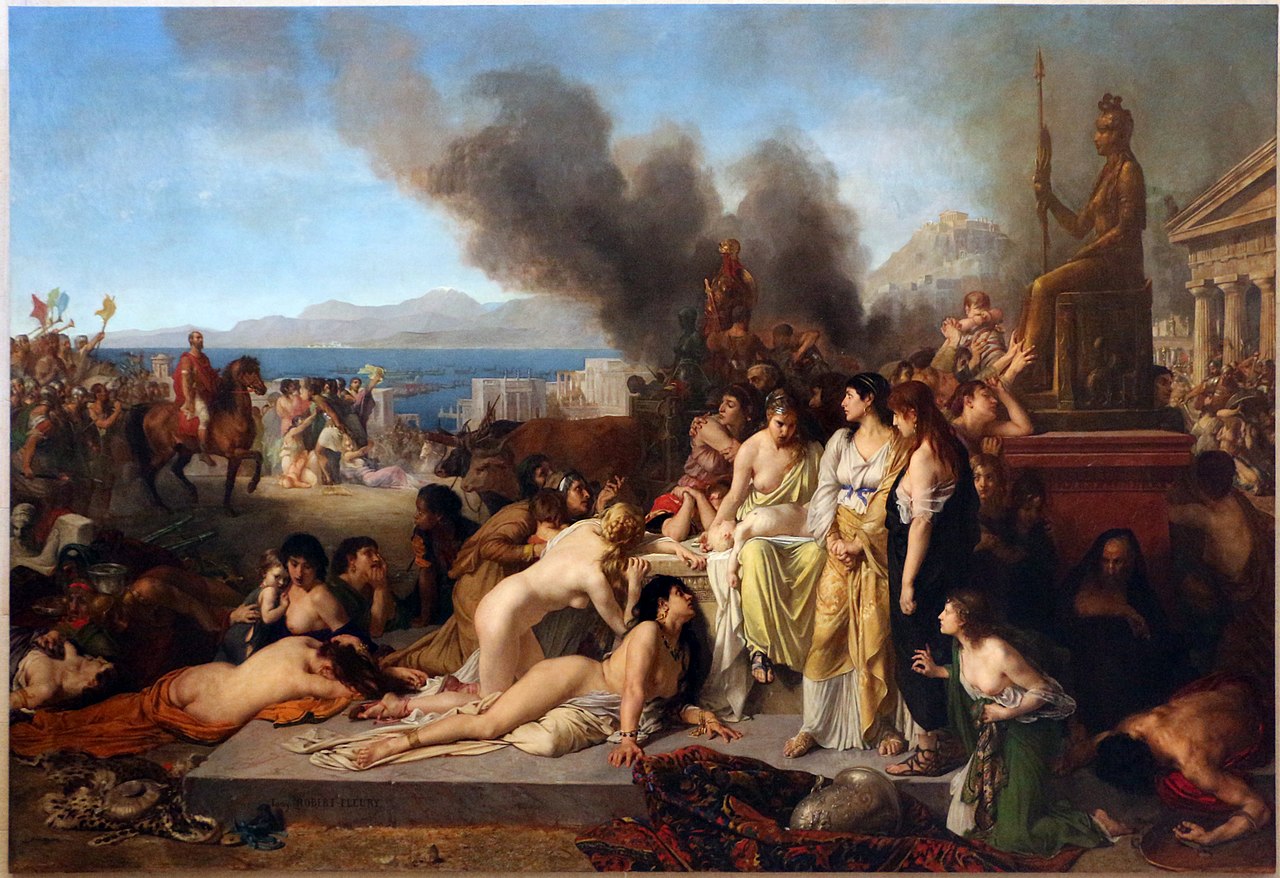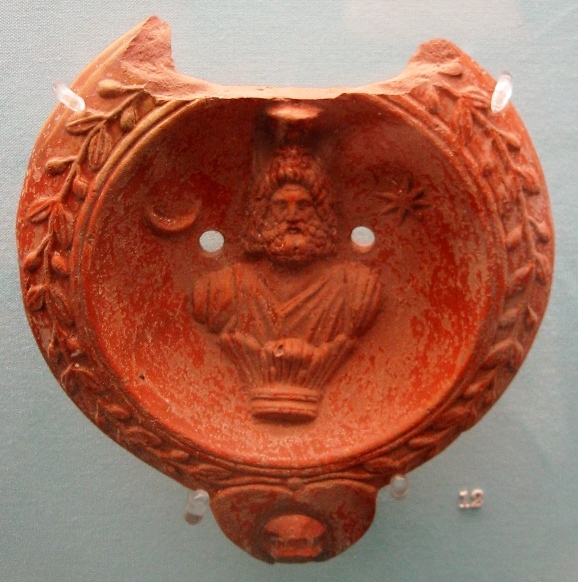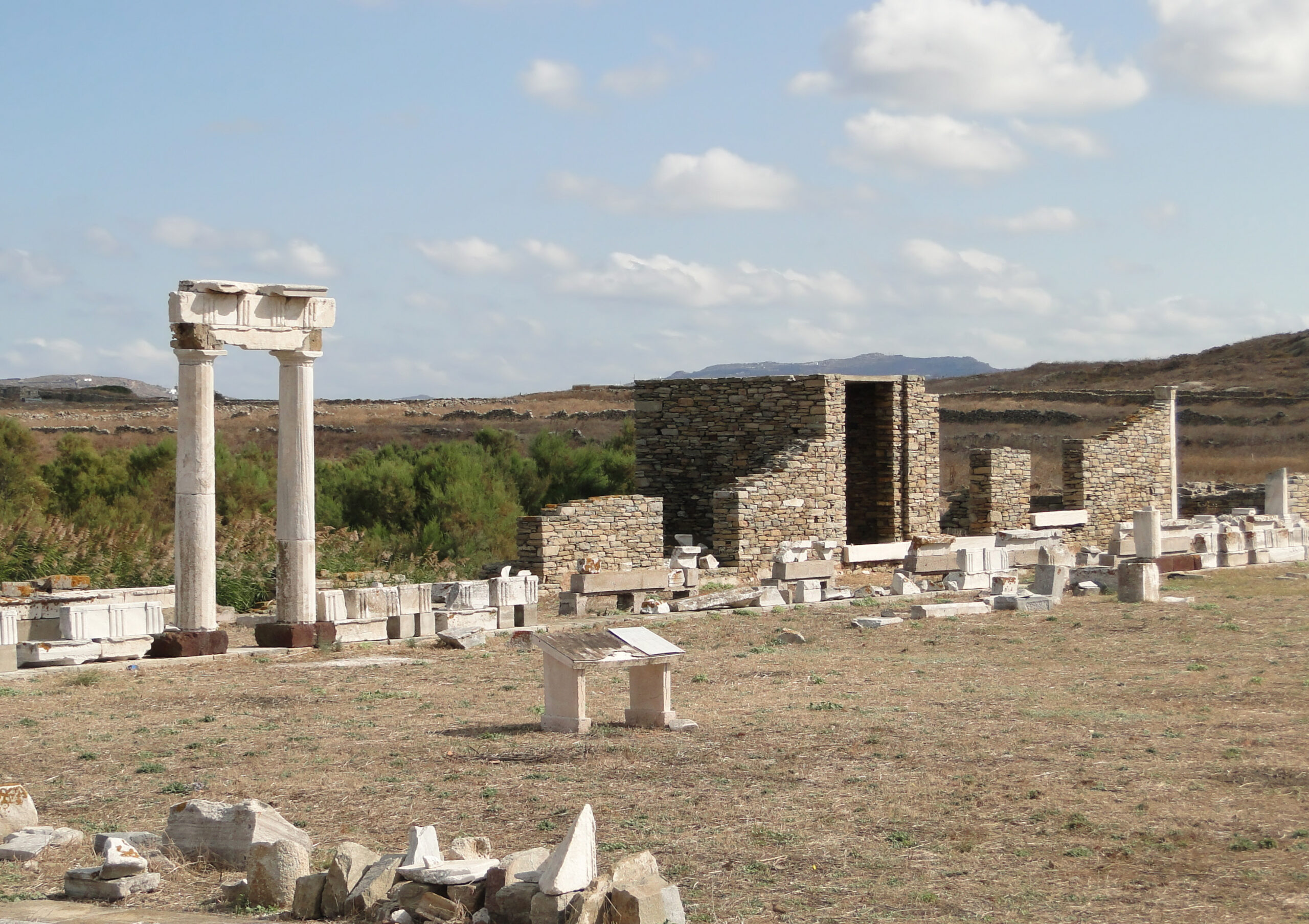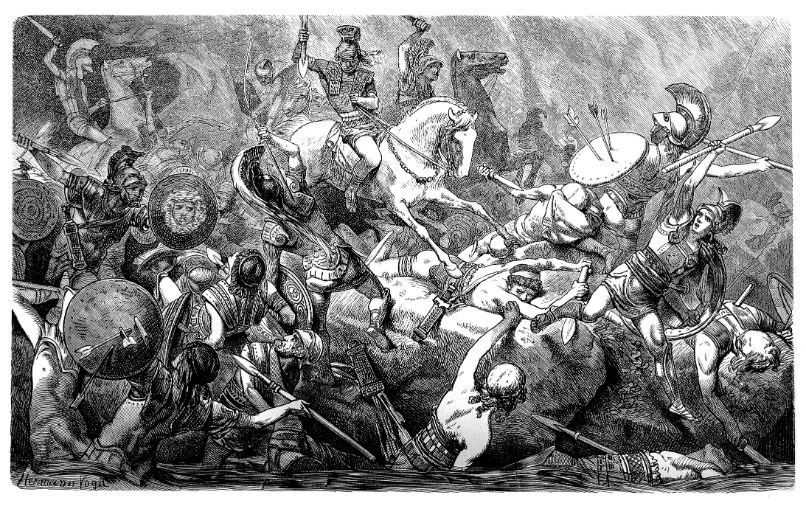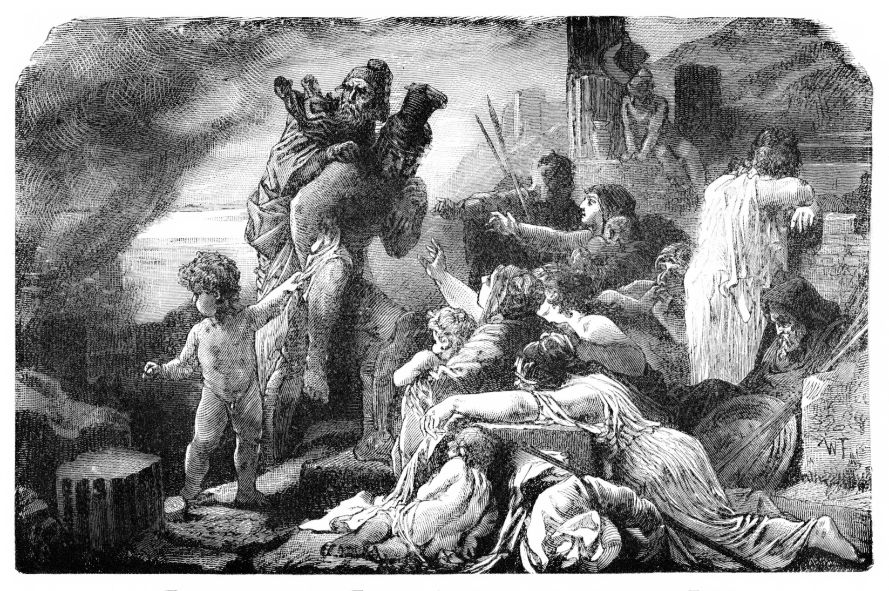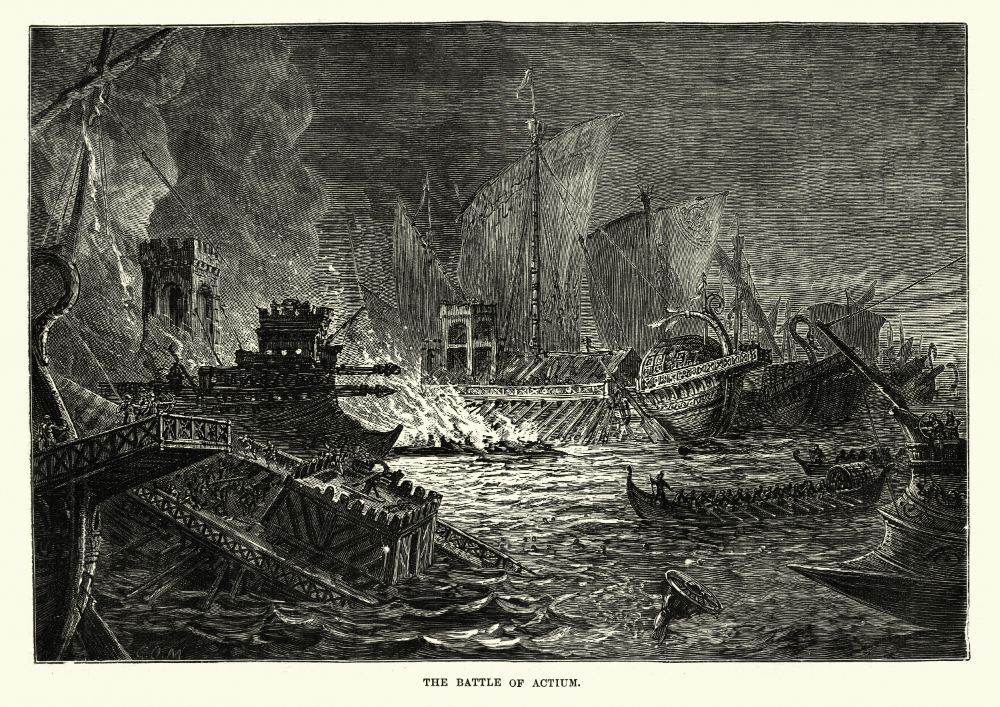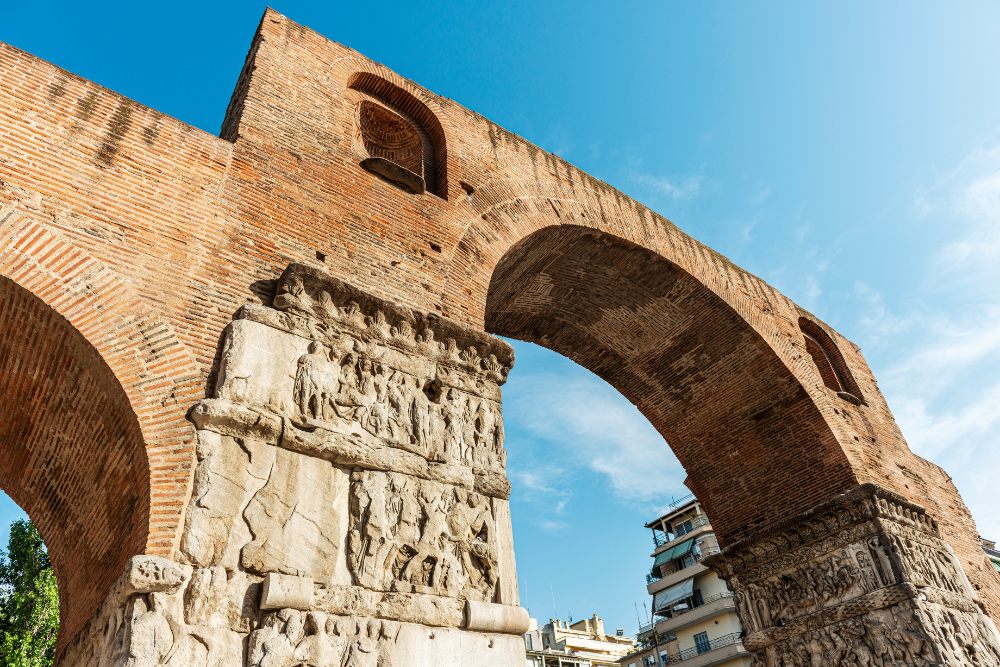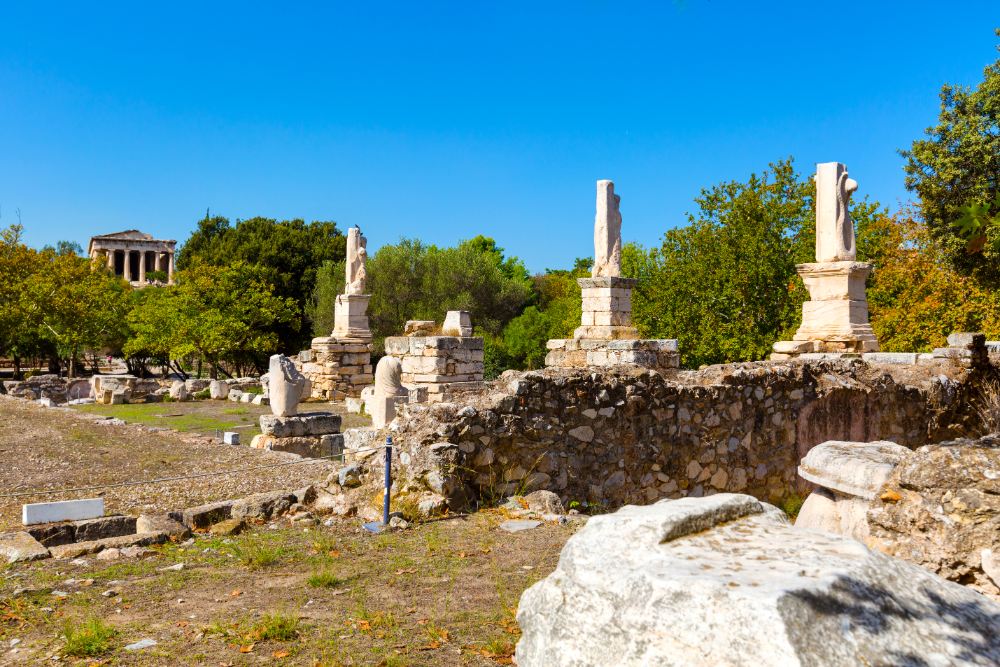Greek Legacy and the End of the Roman Republic
Julius Caesar’s role in the Greco-Roman world was not merely confined to the political landscape of Rome; his actions also had a profound impact on the Greek territories under Roman control. His rise to power, marked by military conquests, political strategy, and intellectual patronage, reflects a broader cultural interaction between Rome and Greece during the late Republic. This period not only saw Rome absorb Greece politically but also embrace many aspects of Greek culture.
Caesar’s Gallic Wars (58–50 BC) expanded Roman power, but his connections to Greece were equally significant. Throughout his career, he cultivated alliances with Greek philosophers, politicians, and military leaders, using Greek intellectual traditions to enhance his image and power. His admiration for Greek culture was apparent in his patronage of Greek philosophers and scholars, who shaped his thinking and rhetoric.
In his military campaigns, Caesar’s interaction with Greek territories was vital. After his conquest of Gaul, he expanded Roman influence into the Greek East, especially in Asia Minor and Greece itself. As Roman power in these regions grew, Caesar played a pivotal role in securing Roman control over key Greek cities like Athens, which had once been at the heart of the Hellenistic world. While Caesar helped Rome assert its dominance over Greece, he also preserved Greek culture by sponsoring Greek intellectuals and promoting the spread of Greek philosophy in Roman circles.
However, it was not only through military and political maneuvering that Caesar influenced Greece. His reforms as dictator included a calendar based on the Greek lunar cycle and a deep appreciation for Greek art and architecture, which became staples in Roman civic life. Additionally, his eventual rise to power as dictator for life sparked a transformation of Roman governance, one that mirrored the Hellenistic kingship models of the Greek world, shifting Rome away from its Republican traditions towards a more centralized, imperial authority.
Caesar’s assassination in 44 BC and the subsequent rise of Augustus solidified the Roman Empire, with Greek culture continuing to play a vital role in shaping the Greco-Roman identity. Caesar’s patronage of Greek learning, and his influence on Greek territories, marked the end of the Roman Republic and the beginning of an era where Greek culture was deeply embedded in Roman governance and everyday life.

